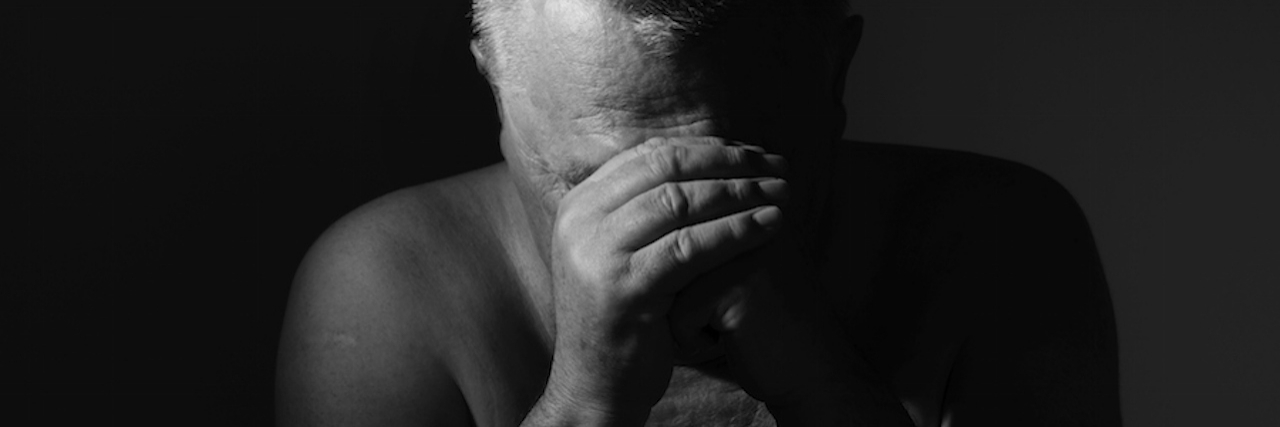I’ve been on this journey of mental health self-awareness for about 18 months now. In that time, I’ve learned a great deal about myself and the people I’ve chosen to surround myself with. I’ve been a little slow to learn about things like my disease and suicide, however.
Don’t get me wrong, I knew the numbers and statistics. I know where to find the depressing data on youth and veteran suicides.
But my most recent epiphany? Nobody commits suicide. We may die by our own hands, but we do not kill ourselves. Something pushes us to do it. If a cancer patient denies treatment, their cause of death is not listed as self-inflicted. It’s listed as cancer. It is no different with mental illness or bullying.
I have friends who have attempted to end their lives. I stand by the assertion it wasn’t a desire to end life that drove them to it. It was their disease, the voices in their head that pushed them to end their suffering, to see no other way out.
“He committed suicide” creates the false narrative that the victim was actively engaged in the decision. Often, the reality is the complete opposite. We are barely engaged in life, let alone our actions and behaviors. Trapped in the prison of our minds, the disease that locks us away takes over many of our day-to-day operations.
Imagine going through every day expending all of your effort to appear functional and coherent during shallow exercises. Business meetings, water cooler talk with coworkers and customers, grocery shopping and the morning commute are all things we manage in a barely conscious state. We have become actors portraying a life while not actively living it.
None of those scenarios require feelings or true engagement. Fast forward a few hours to family time and we may seem coarse, disengaged, angry or distant. We’ve simply no energy left to maintain a facade that requires us to behave in a deeper and more meaningful way. Breaking out of our minds prison, even for those you love, isn’t an option. The disease does the talking and acting for us.
What about the kids, bullied for weeks, months or years on end? Do we blame them for having a hand in their own deaths? We shouldn’t. The failure wasn’t on them for not being strong enough to stand up against a daily torture.
Sitting here, drinking my tea and watching through the window at the birds coming and going from the new feeder on my deck, I am unable to think of an instance where the blame of suicide should fall to the victim.
No, suicide does not exist in my mind, and I will do my best to end the use of the term and how we use it. In an era when we are working to end victim blaming, it’s time to stop it in these instances as well. We can do better than we have, and I will take a stand, finally, for what I believe.
None of us exist in a bubble that keeps us from interacting with the outside world. Everything we do is the result of an interaction of factors, and assigning a death as simply a “suicide” implies a blame that doesn’t belong. We need to start talking about what really caused the death — it wasn’t me who wanted to pull the trigger that night a few years ago, it was the voice in my head created by my depression.
Until we find a way to reach out to more people and show them that ending one’s own life isn’t the selfish choice of a healthy mind, we’ll never make any headway. We need a call to action, a group of us to stand up and say, “No more.”
Where does that leave us now? We live in a time unlike any other in history. Technology has us advancing as a species quickly and unpredictably. With that, words become common vernacular quickly while others fade into memory. If a few of us stand up and speak out, we can change the conversation. We can, over time, stop the use of a word that often means the opposite of what it intends, and reframe the conversation so it is clear that those who are victim to mental illness or bullying are not to blame.
I will fight until the cause of death is never just “suicide,” and we look further.
Follow this journey at Shawn Henfling.
If you or someone you know needs help, see our suicide prevention resources.
If you need support right now, call the Suicide Prevention Lifeline at 1-800-273-8255.

